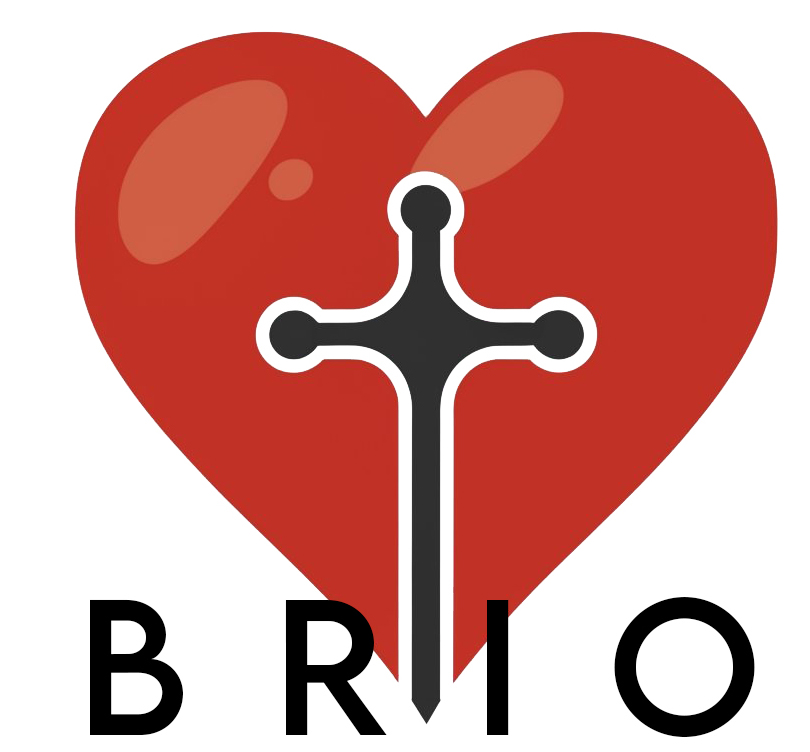Great to see you guys for our ninth class of advanced English reading. Get your head down and start soaking up those words because we’ve got a great text for you on the importance of lifelong education.
One of the founding principles of Vocatic is that learning is not something that ends when you finish school or university… it is something that continues until the day you die.
Most of us would agree with that principle, but today I’d like to talk about what type of learning we should prioritize, because I’ve begun to notice a polarization between adults with two different types of knowledge.
The first is the generalist who has passed his life studying culture and philosophy and will leave no stone unturned in his quest for knowledge – but has never studied a profession. Almost always, this type of person is an interesting person to have lunch with, but almost always – you have to pay the bill.
The second is the adult who has dedicated his life to a profession but has little knowledge of culture. Basically, he has bad general knowledge. This type of person is always the best to see when you need a loan, but is always stressed and talking about work.
Now, in my opinion, both the generalist and the specialist suffer from weaknesses. Furthermore, I believe these weaknesses provide you with an opportunity. I don’t want to be Darwinian, but whether it’s trying to find a spouse, a parking space or a good job, we are all in competition. My argument is that you will acquire significant advantages in that competition if you acquire both types of learning. A specialist with impeccable general knowledge will experience unprecedented professional and personal growth.
So, you understand why you should become a specialist – but what’s so important about general knowledge?
First, let’s look at the personal benefits. Quite simply, you will become a more interesting person… and that affects your ability to make and maintain friendships, attract the opposite sex and make business connections. In fact, I argue that all the billions the human race spend on self-help books about influencing and attracting and self-esteem… are a waste of money. Become a man or woman with impeccable general knowledge and all of these will follow.
Let me tell you a story.
Last weekend I was at a BBQ and we ended up in the lounge looking through our host’s music collection. My friend, Laura, chose Ghetto Heaven… and commented on this article she’d been reading about the word, ‘ghetto chic.’ Then… this previously unseen guy interjected… “Of course… ghetto is an Italian word.” I say ‘unseen’ because he really was someone you wouldn’t look twice at… not remarkable in any way… nerdy, glasses, thin. Anyway, I saw Laura look at him like he was not worthy to speak to her, thinking, “Yeah… of course it’s an Italian word.” But then he said, “…That means iron foundry… the place where they manufacture iron. So the question is… how did the word ‘iron foundry’ ‘ghetto’ – in Italian come to mean a low income area in a city?”
Suddenly, this guy had Laura’s and everyone’s attention.
He leaned forward and explained. “To understand the origins of the word you have to back to a time before immigrants… and understand that before Asians and Africans arrived in Europe there was only one ethnic minority… the Jews… and they received all the hate and racism that was virulent in the pre modern era. In fact, Hitler’s policies of making Jews wear badges and murdering them simply for being Jews stretch back into the middle ages, as does – another of these tactics: segregation.
The best example of this segregation was in Venice in the sixteenth century, when the government forced all Jews to live in the area of the iron foundry. And nowhere else. As the population of Jews grew but they were not allowed to move out from the iron foundry – the ghetto – it became dirty and over populated. Also, the majority lived in poverty. Soon, the word ‘ghetto’ became synonymous with the poorest, ugliest part of Venice, and when similar segregation laws were passed all over Italy and Europe, the Jewish area was known as the ‘ghetto’ of that city. Thus, the word became rooted in European culture for the poorest, most depressed area of a city.
Anyway, that was the story he told us… and you know how some people have a power in their voice that compels you to listen…he didn’t have that. What he had was compelling knowledge. I swear to you… he left with the best looking woman in the party. So, I hope you agree that impeccable general knowledge can massively increase the power of your conversation – therefore your ability to interact.
But the benefits of this knowledge are not just personal they are professional…
Think about someone who works in marketing thinking up a slogan for a company called Everest. The person of little knowledge is only going to think of one association – the physical mountain. A knowledgeable individual, however, might jump to the creation of the Himalayas in geological terms 24 million years ago, or the role of Everest in Tibetan mythology (in Tibetan it’s called mother universe), the Victorian cartographer George Everest, or maybe even Everest – the industry standard program for listing all hardware on a computer. The man – or woman of knowledge – has a greater number of associations and sources of inspiration and this has practical applications in the professional sphere.
But let’s stop for a moment, cos there’s something wrong about all this. It’s like, by focusing on the professional and competitive advantages… I’m selling you the idea of general knowledge: and I must confess…the story of the nerdy guy was grossly exaggerated – he didn’t really leave with the best looking girl… he left alone!!! I suppose I feel that learning is somehow under attack; whether it’s the limited time people have to study or that they prefer to watch Snookie on Jersey Shore… and that I have to convince you… but no more. I return to the beginning…
Ingocio was founded on the principle that learning is not something that ends when you finish university… it is something that continues until the day you die.
Vocabulary Focus
- Quest búsqueda: an adventure – usually in search of knowledge or gold. “The knight was on a quest to find Eldorado.”
- Self-help autoayuda: remember that in English you put the word ‘self’ before any service or process you administer to yourself. “The restaurant is self-service.”
- Host anfitrión: the person who is having a party. “The host went to the kitchen for more drinks.”
- Interjected interrumpido: when you interrupt… but not in a rude way. “He interjected with a strange comment.”
- You wouldn’t look twice at… ordinario, corriente: this is a word we use to describe something ordinary and common. “His new girlfriend is not attractive… you wouldn’t look twice at her.”
- Compelling atractivo: irresistible. “Her argument was compelling.”
- Badges insignias / distintivitos: badges can be made from metal or fabric and are a visual representation of identity, an organisation or a band . “I love the Manchester United badge.”
- Low income pobre: low income literally means ‘a low salary’. Poor. It is often used in sociological contexts. “The Bronx is a low-income area.”
Advanced English reading questions
- What is the disadvantage of lunch with a generalist?
- What does Rokeby believe we waste billions on?
- If the nerdy guy at the party didn’t have a compelling voice what did he have that was compelling?
- How did George Everest make his money?
- In reality who did the nerd leave the party with?
Advanced English reading answers
- You always have to pay.
- Self-help books.
- A compelling voice.
- He was a cartographer.
- Nobody.
Okay folks, that’s all for today. I’ll see you in the next class of Advanced English reading.


Comments are closed.